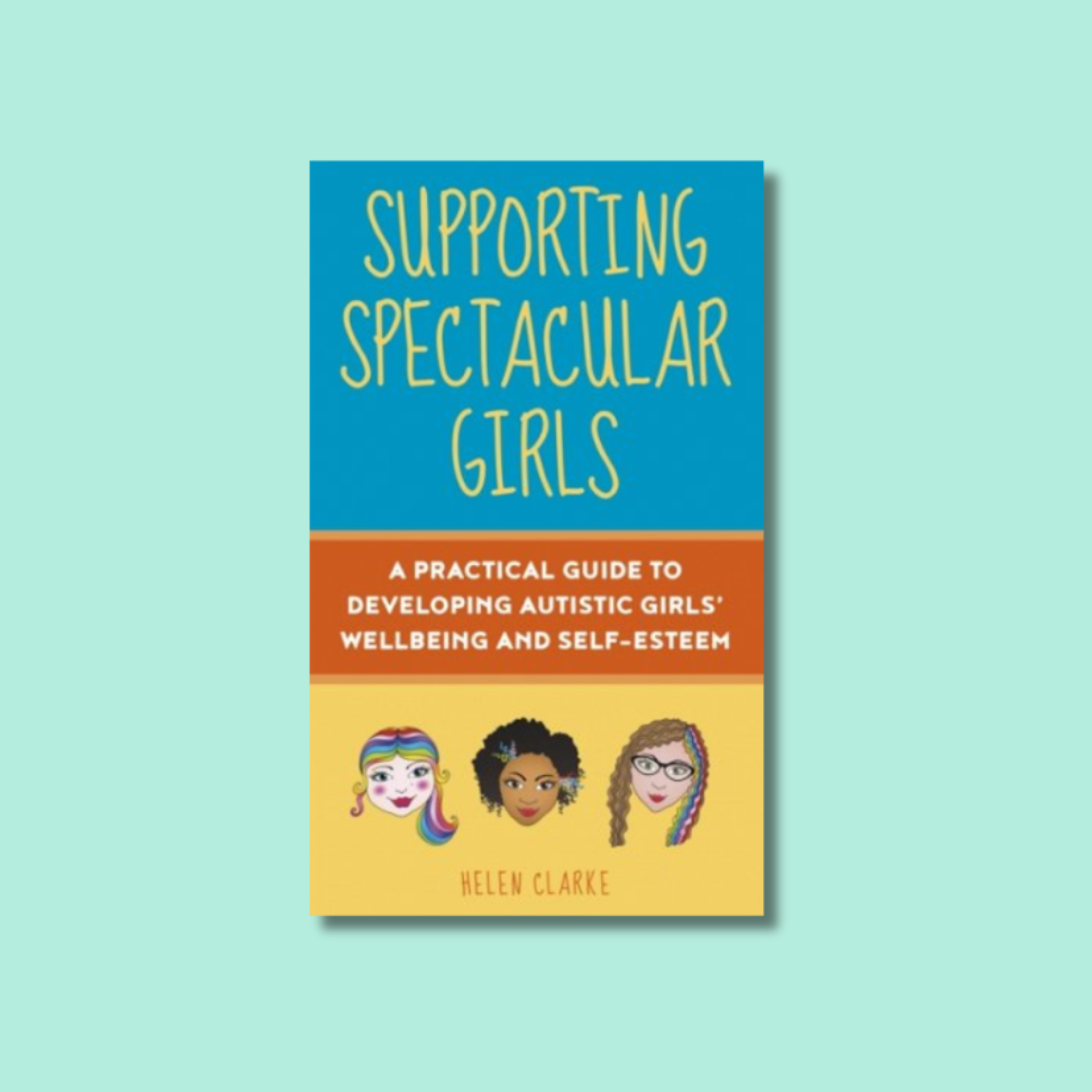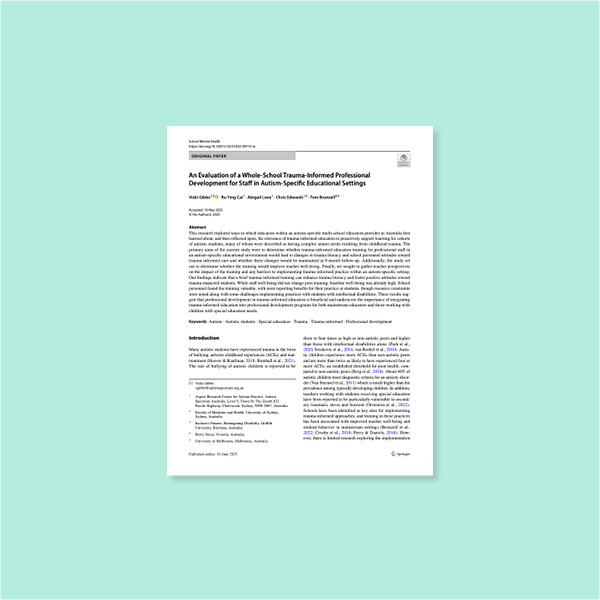 Image 1 of 1
Image 1 of 1


The Earlier, the Better? An In-Depth Interview Study on the Ethics of Early Detection with Parents of Children at an Elevated Likelihood for Autism
Vanaken, Noens, Steyaert, van Esch, Warreyn and Hens (2023)
This study explored how parents of young children who might be autistic feel about early autism detection. Many parents said a diagnosis helped them better understand their child and feel more confident in adjusting their parenting to meet their child’s needs. However, they also struggled with when and how to use the autism label, and how others might view it. The findings highlight the need for early autism care to respect neurodiversity and support families in ways that go beyond just identifying or "fixing" autism.
Vanaken, Noens, Steyaert, van Esch, Warreyn and Hens (2023)
This study explored how parents of young children who might be autistic feel about early autism detection. Many parents said a diagnosis helped them better understand their child and feel more confident in adjusting their parenting to meet their child’s needs. However, they also struggled with when and how to use the autism label, and how others might view it. The findings highlight the need for early autism care to respect neurodiversity and support families in ways that go beyond just identifying or "fixing" autism.






